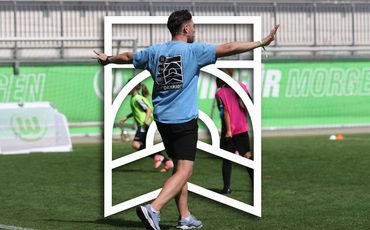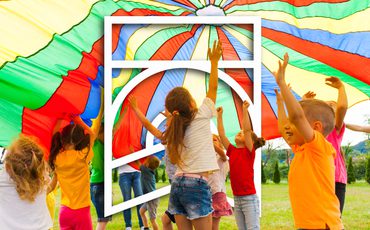Coaching Strategies to Enhance Learning in Youth Sport: Short-term planning
Effective coaching is more than just teaching skills—it’s about creating an environment where learning thrives. In this article, we explore short-term strategies coaches can use to enhance learning from session to session, focusing on both coaching behaviours and activity design.
The Pedagogical Framework
Drawing on the Coaching Planning and Reflective Framework (Muir et al, 2011), coaches can build a simple yet powerful pedagogical framework. This framework helps coaches set clear expectations and choose the right tools to support learning. These tools fall into two categories:
- Coaching Behaviours
- Coaching Activities
- Coaching Behaviours
The way a coach behaves in a learning environment—especially with younger children—can significantly influence how they perceive the experience. Positive behaviours foster trust, motivation, and engagement, while negative behaviours can hinder learning and enjoyment. Coaches should strive to be supportive, encouraging, and patient, creating a safe space where mistakes are seen as part of the learning process.
Coaching Activities: Practice Types
In 1986, Goode and Magill introduced three types of practice conditions that impact learning through varying levels of contextual interference:
Blocked Practice
- Repetition of a single skill without variation.
- Ideal for learning new techniques.
- Leads to short-term performance gains but poor long-term retention and transfer.
- Can be monotonous and lacks decision-making.
Variable Practice
- One skill practiced under varying conditions (e.g., different angles, speeds).
- Encourages adaptability and decision-making.
- Mistakes are common, but they fuel deeper learning.
- More realistic and engaging than blocked practice.
Random Practice
- Skills practiced in unpredictable, game-like scenarios.
- Closely mirrors competitive environments.
- Promotes high transfer of learning but can be frustrating for some players.
- Learning appears slower but is more robust.
Each method has its place depending on the athlete’s stage of development and the learning goal. Coaches should feel free to mix and match these approaches within a single session to keep things dynamic and effective.
Maximising Learning
The key is to “maximise the doing.” Regardless of the practice type, active participation is essential. Coaches must decide which method best suits the situation and be flexible in their approach. Combining thoughtful activity design with positive coaching behaviours creates a rich, enjoyable learning environment.
Final Thoughts
Emotion drives learning. As coaches, it’s vital to remember the 5th golden principle from the ICOACHKIDS Pledge: Prioritise the love of sport above learning sport. In other words, don’t let the pursuit of learning overshadow the fun. When children enjoy their experience, they’re more likely to stay engaged and grow—not just as athletes, but as people.
Watch the full video below
Comments
Related Pages


